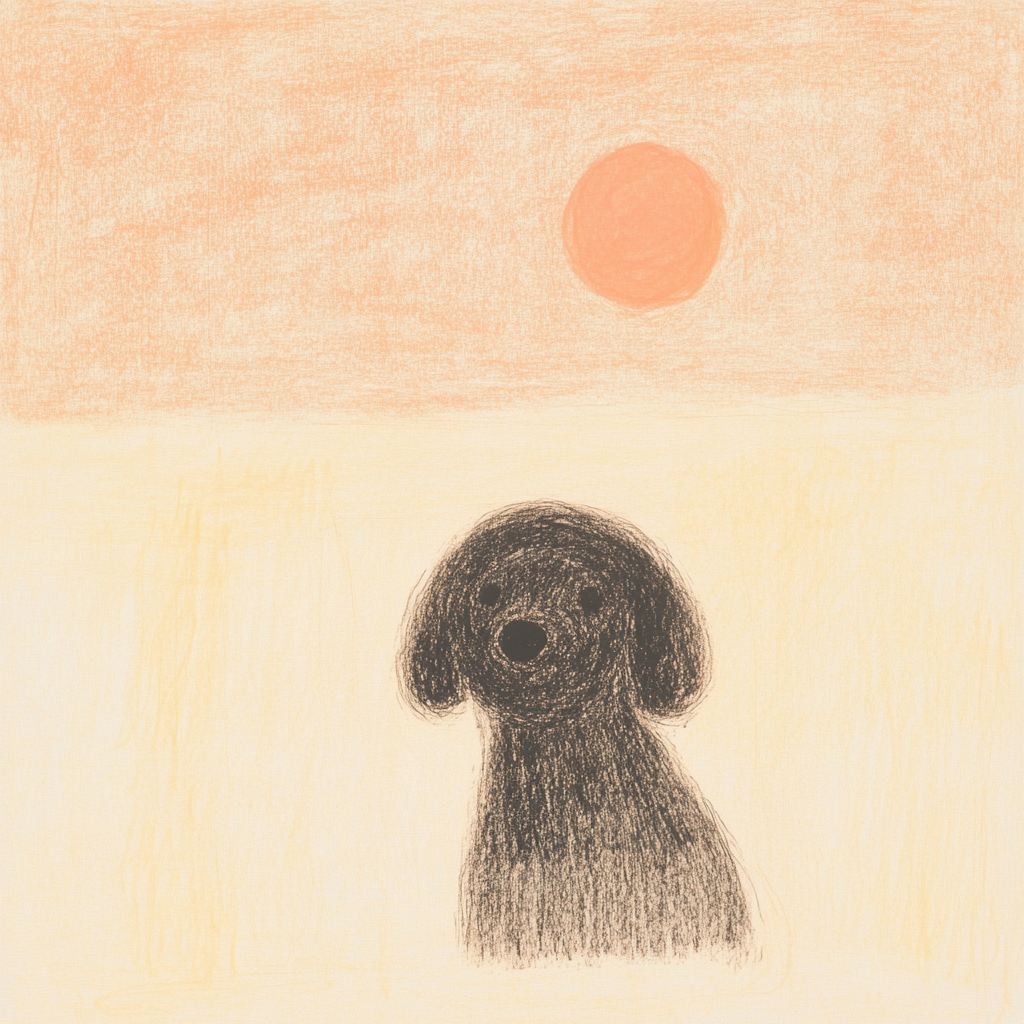Puppy Anxiety: Understanding and Managing Your Pup's Fears

Puppy Anxiety: Understanding and Managing Your Pup's Fears
Anxiety isn't just a human condition; our furry friends can experience it too. As new pet owners, understanding and managing puppy anxiety is crucial for fostering a happy, healthy environment. This guide will help you identify signs of anxiety in your puppy and offer practical solutions to ensure your pet feels safe and secure.
What Causes Anxiety in Puppies?
Puppies are naturally curious, but they can also be sensitive to their surroundings. Some common causes of anxiety in puppies include:
- Separation Anxiety: Puppies often form strong bonds with their owners. Being left alone, even for short periods, can cause distress.
- Loud Noises: Thunderstorms, fireworks, and even household noises like vacuum cleaners can trigger anxiety.
- New Experiences: Meeting new people, visiting unfamiliar places, or encountering other animals can be overwhelming.
- Past Trauma: If your puppy was adopted from a shelter, it might have a history that contributes to its anxiety.
Recognizing Signs of Anxiety
Identifying anxiety in your puppy is the first step toward helping them. Common signs include:
- Excessive Barking or Whining: Persistent vocalizations can be a cry for help.
- Destructive Behavior: Chewing furniture, digging, or scratching can indicate stress.
- Pacing or Restlessness: An anxious puppy may have difficulty settling down.
- Trembling or Shivering: Physical manifestations of fear are a clear indicator of anxiety.
- Accidents in the House: Anxious puppies may have trouble with house training.
Strategies for Managing Puppy Anxiety
Once you've identified anxiety in your puppy, you can take steps to manage it effectively:
1. Create a Safe Space
Designate a specific area in your home where your puppy can retreat when feeling overwhelmed. Include their favorite toys, a cozy bed, and some treats. This safe haven can help them feel secure and reduce anxiety.
2. Establish a Routine
Puppies thrive on routine. Try to maintain consistent feeding, walking, and playtimes. Knowing what to expect can alleviate anxiety related to uncertainty.
3. Gradual Exposure
Introduce your puppy to new experiences gradually. Whether it's meeting new people or encountering loud noises, slow and controlled exposure can help desensitize them over time.
4. Use Calming Products
Consider using products designed to reduce anxiety, such as calming collars, sprays, or diffusers that release soothing pheromones. Always consult your veterinarian before using new products.
5. Training and Socialization
Enroll your puppy in a training class to help build confidence and social skills. Positive reinforcement techniques can also be effective in reducing anxiety.
6. Exercise and Play
Regular physical activity is essential for reducing stress. Engage your puppy in play and exercise to release pent-up energy and promote relaxation.
When to Seek Professional Help
If your puppy's anxiety persists despite your efforts, it may be time to consult a professional. A veterinarian or animal behaviorist can offer tailored advice and may recommend medication or specialized behavior therapy.
Conclusion
Understanding and managing puppy anxiety is a journey that requires patience and compassion. By recognizing the signs and implementing effective strategies, you can help your puppy overcome their fears and lead a happy, fulfilling life. Remember, every puppy is unique, and finding the right approach may take time, but the bond you'll build with your furry friend will be worth the effort.
By taking proactive steps, you can ensure your puppy feels loved, secure, and ready to face the world with confidence. For more tips on raising a happy and healthy puppy, explore our other guides and resources.